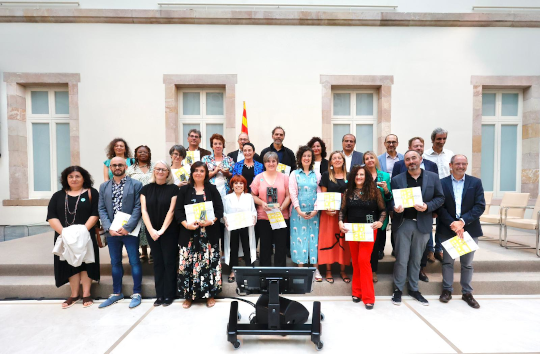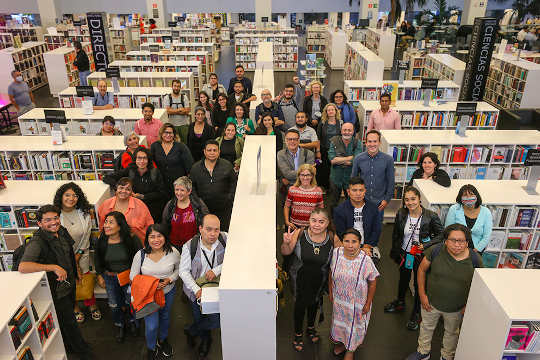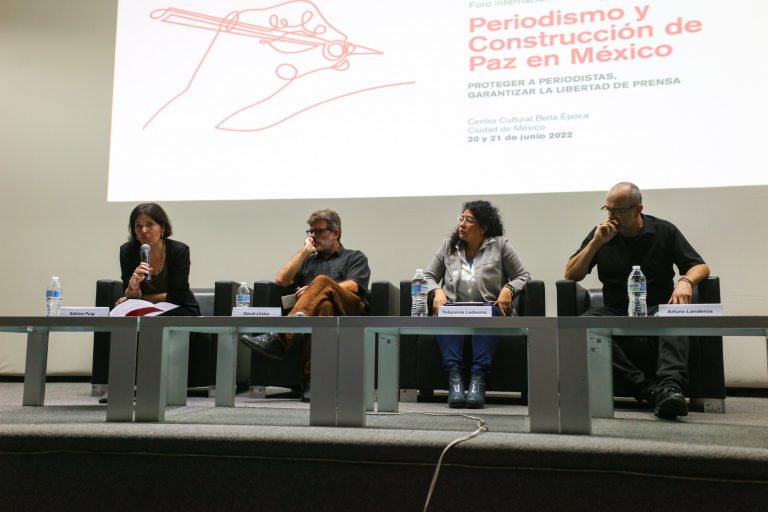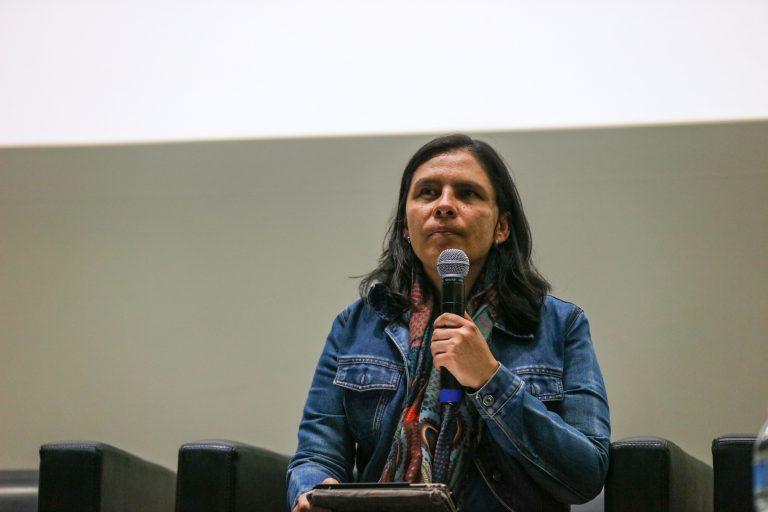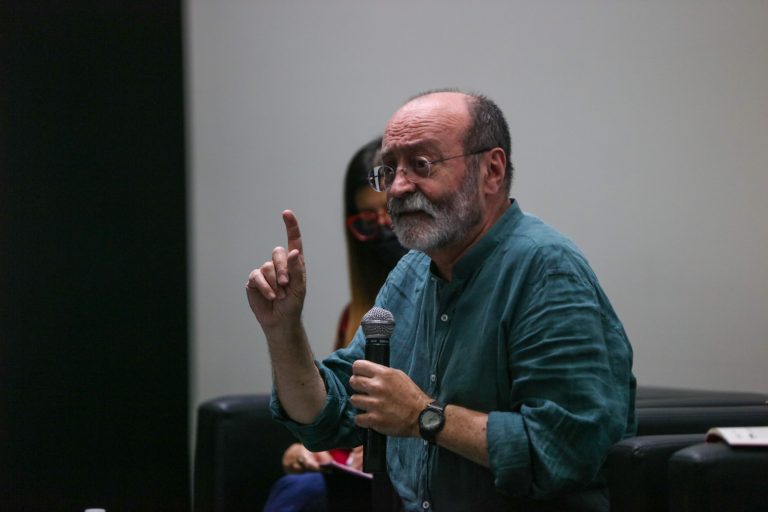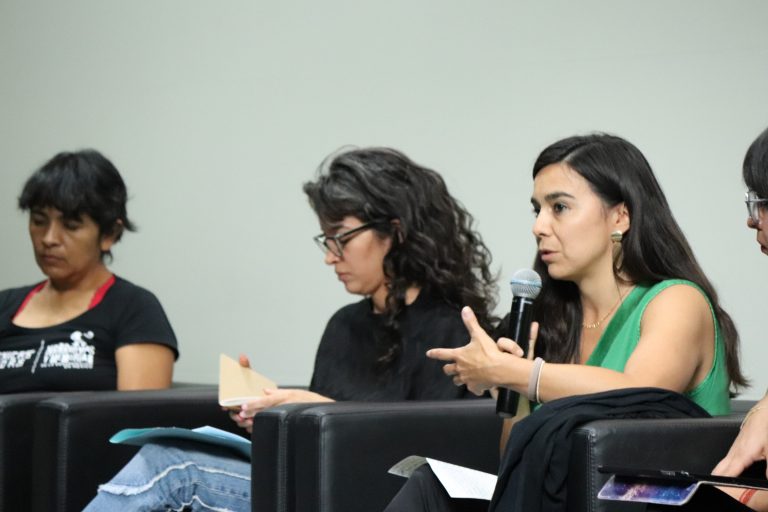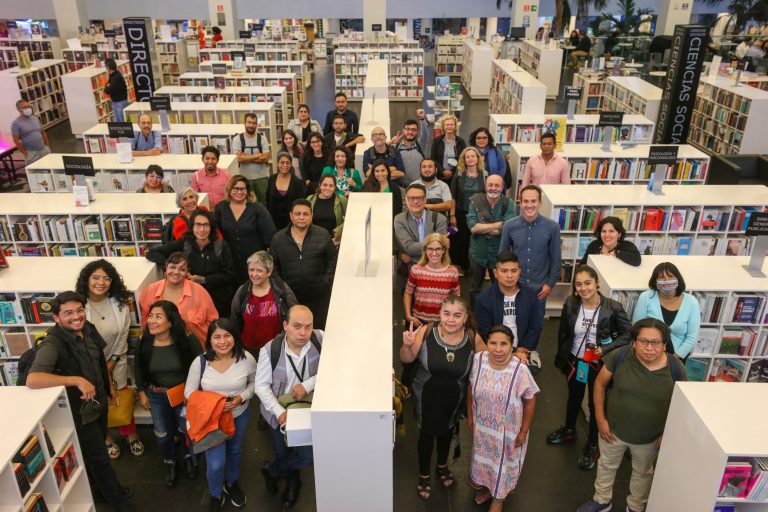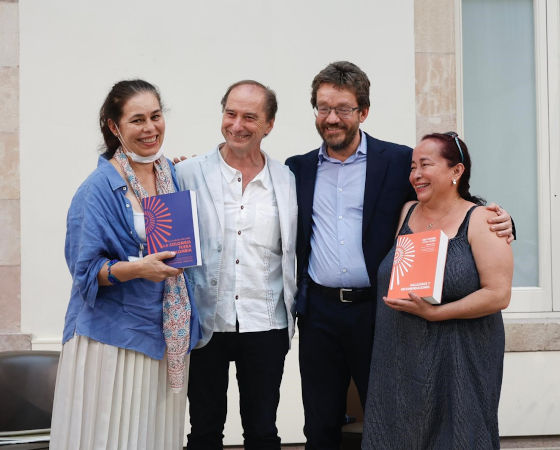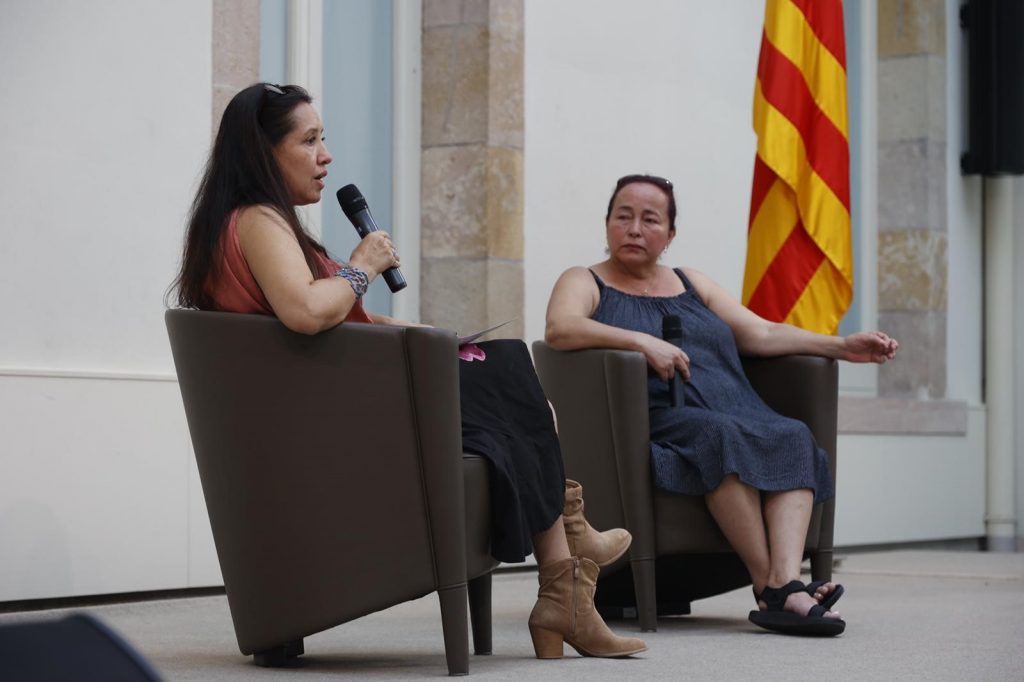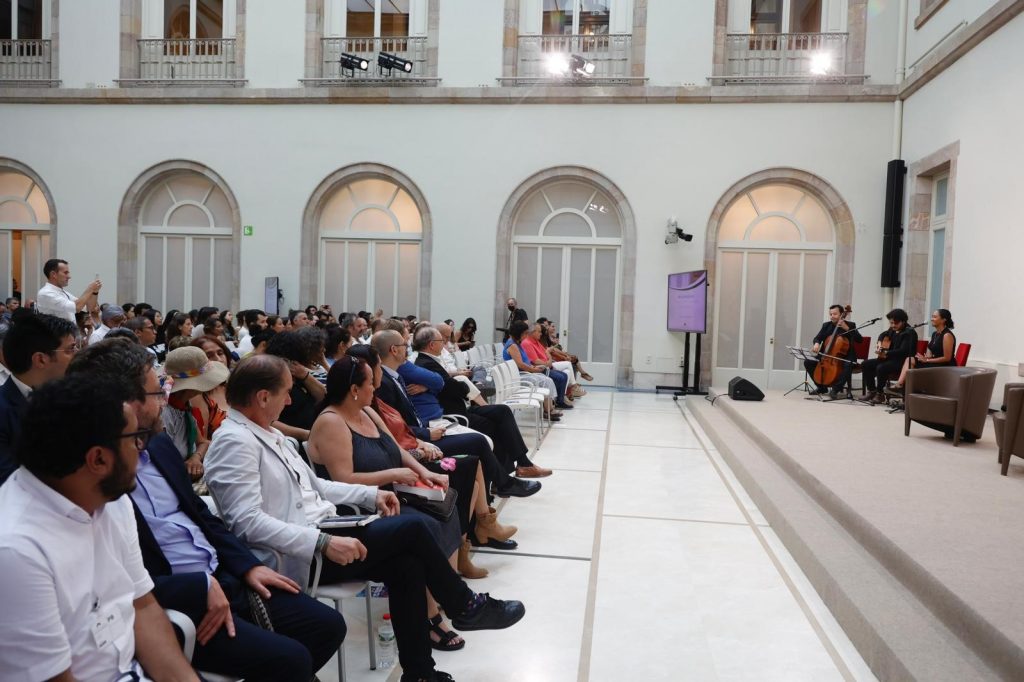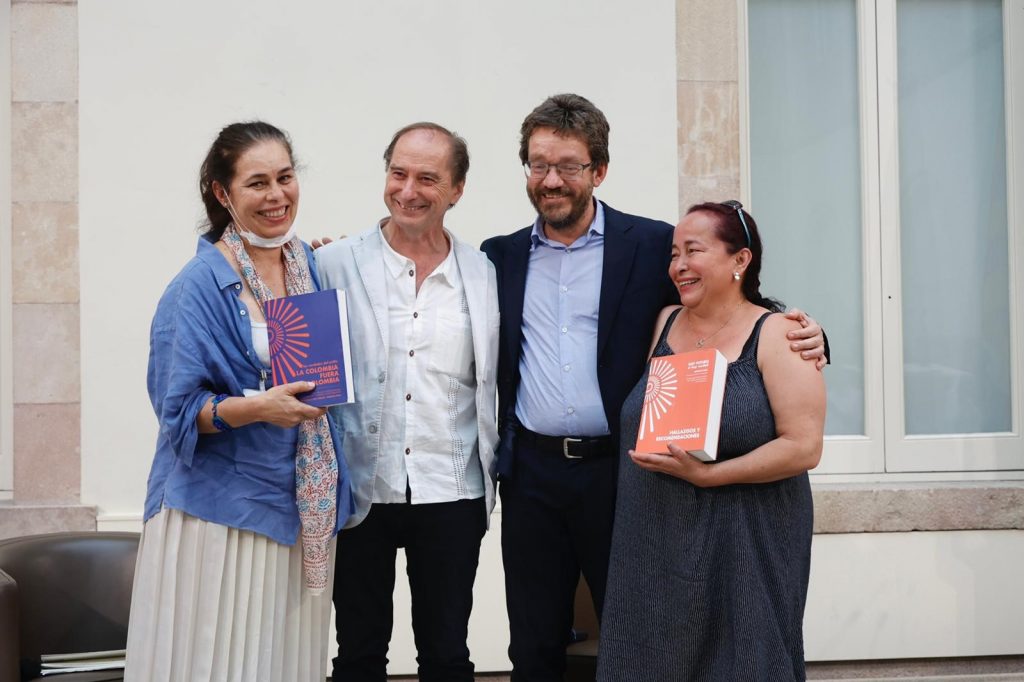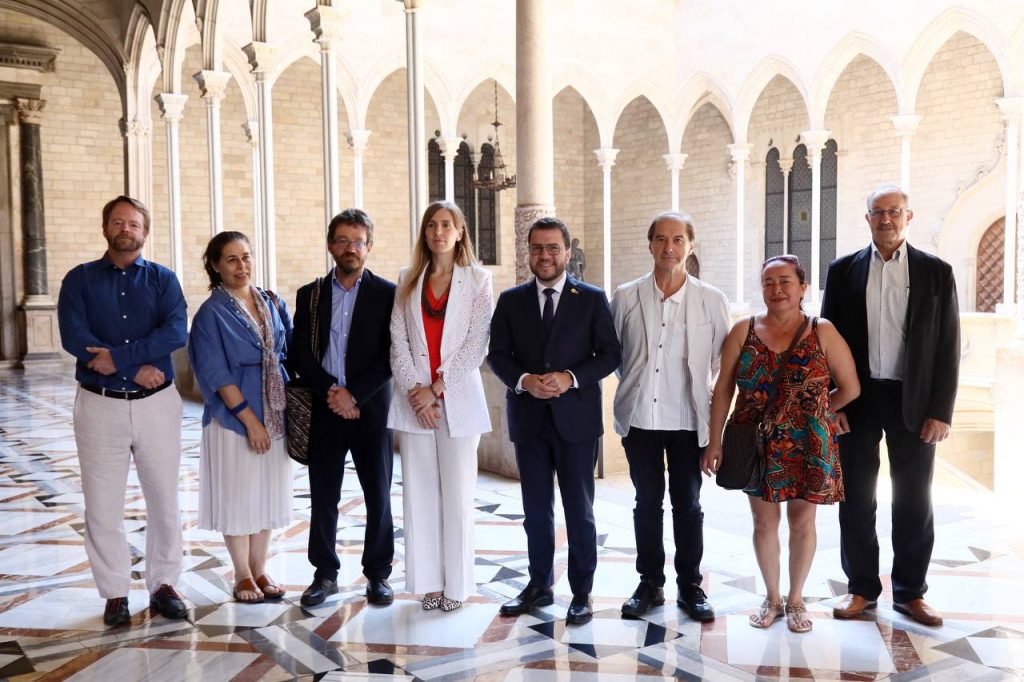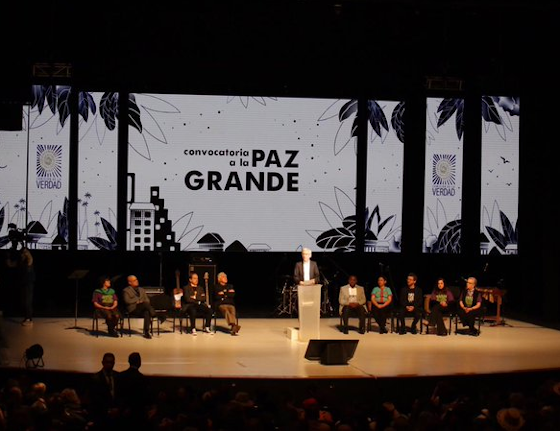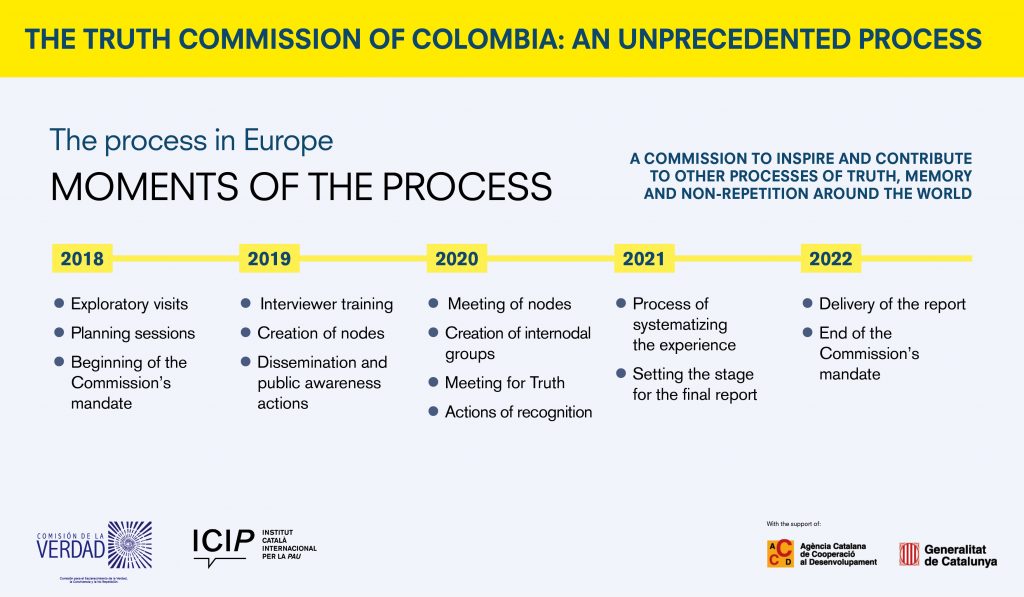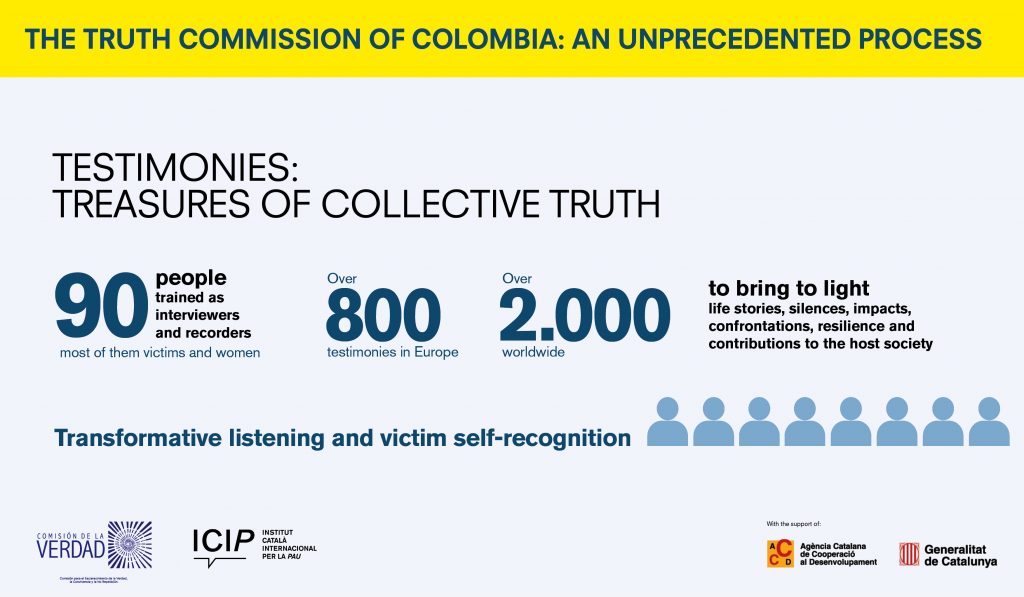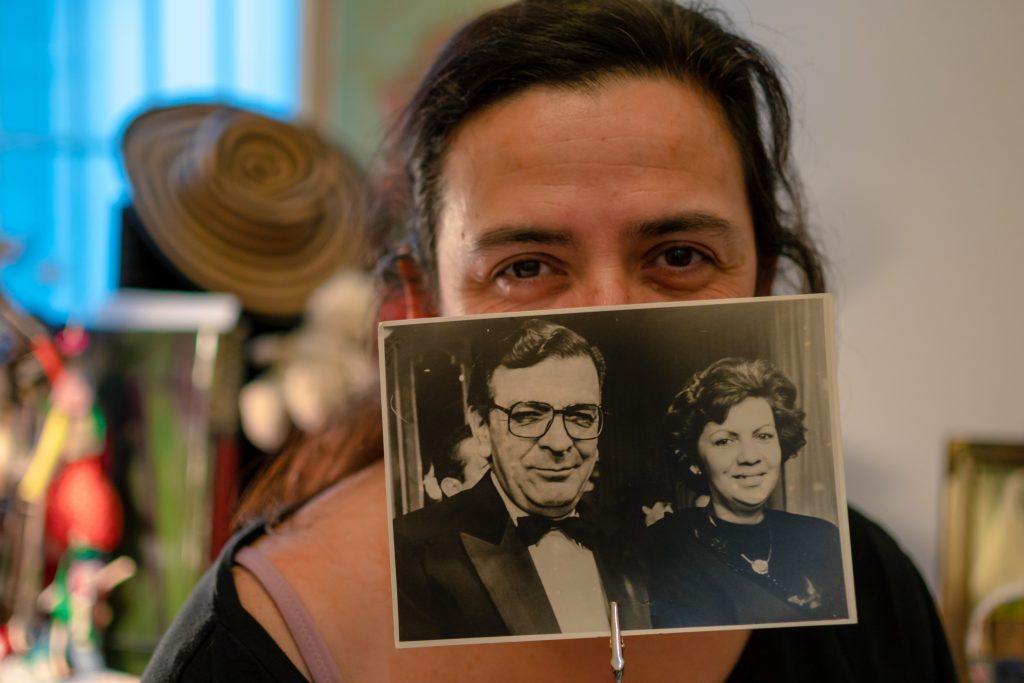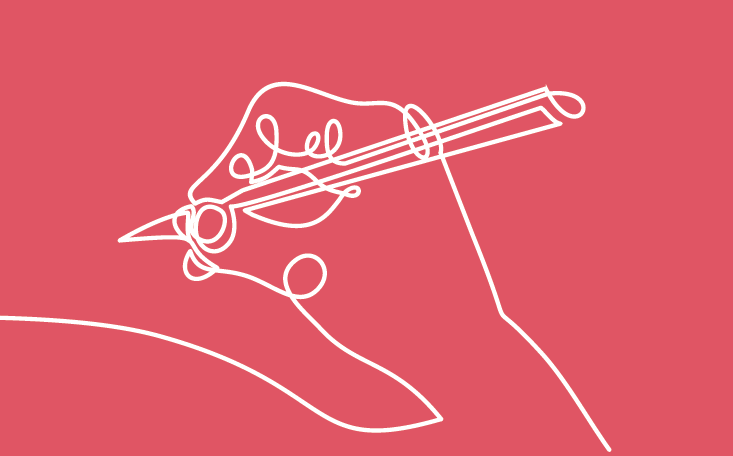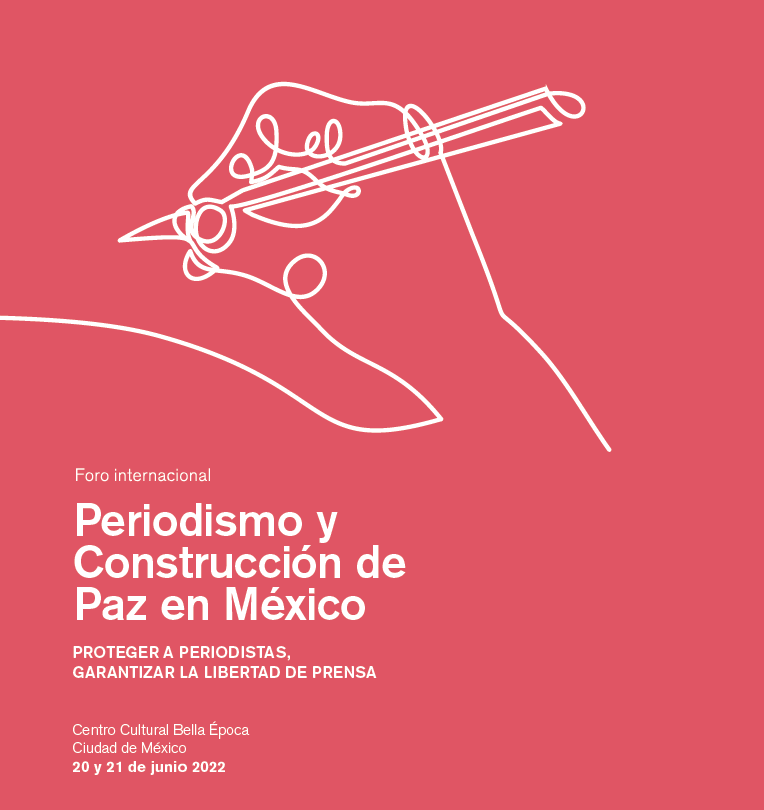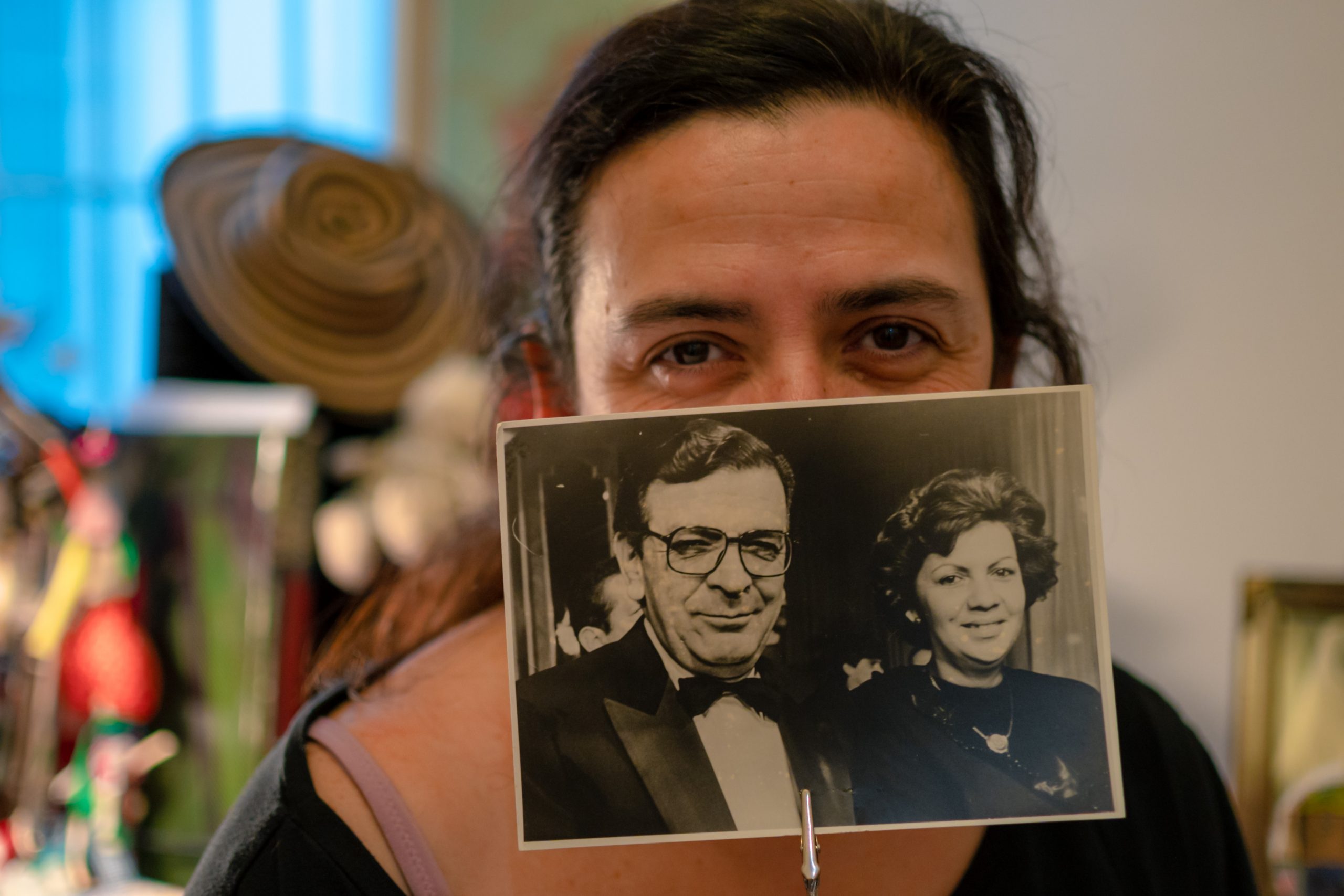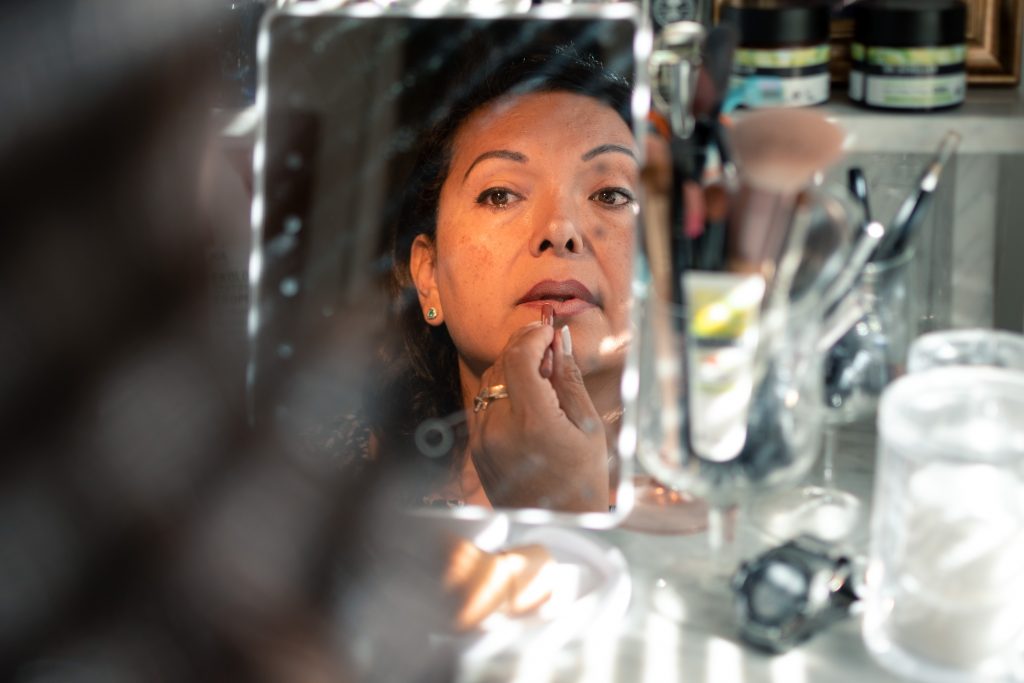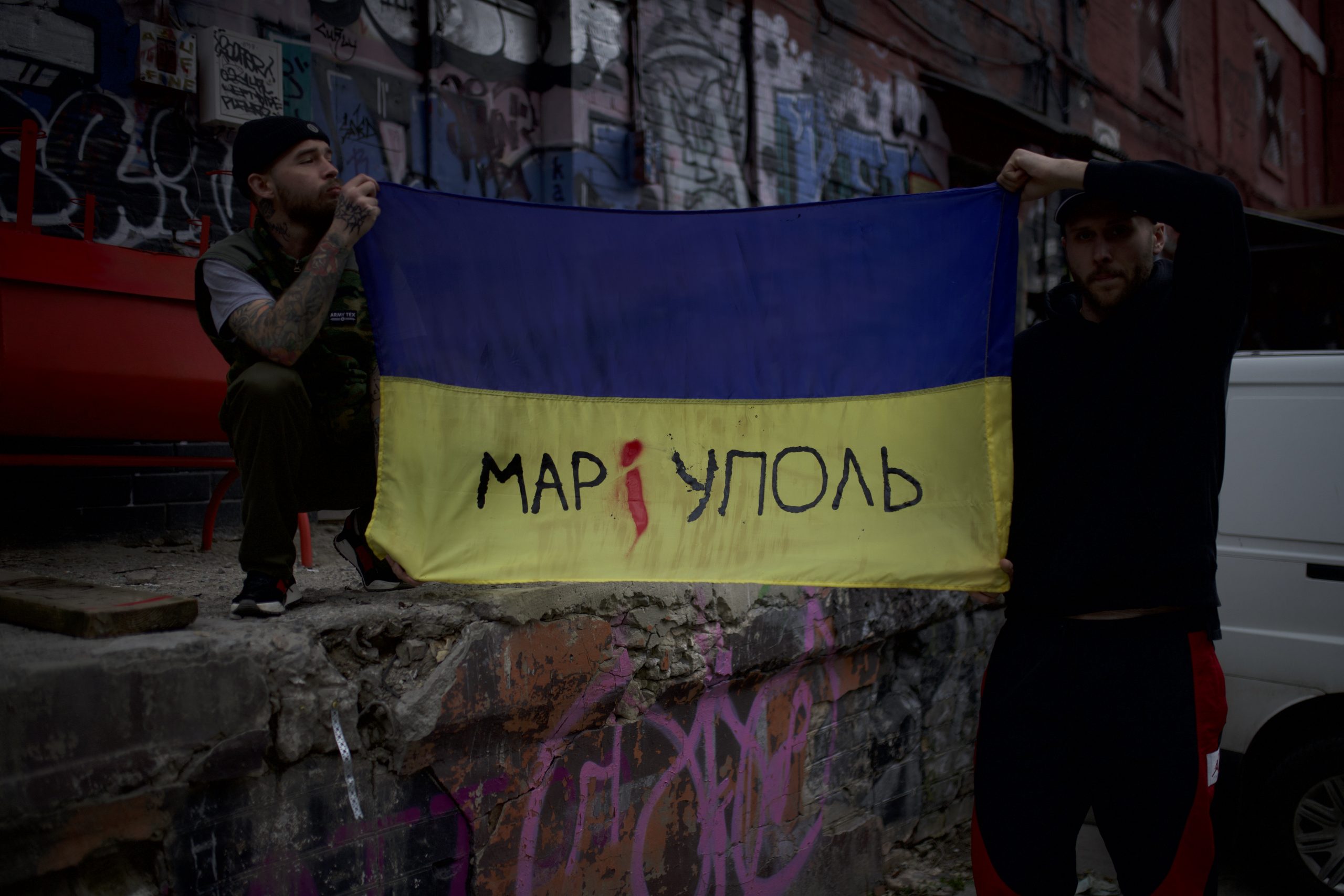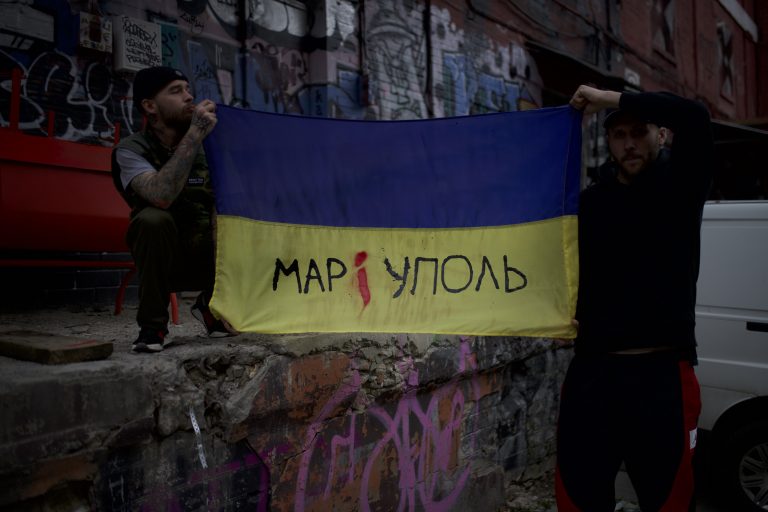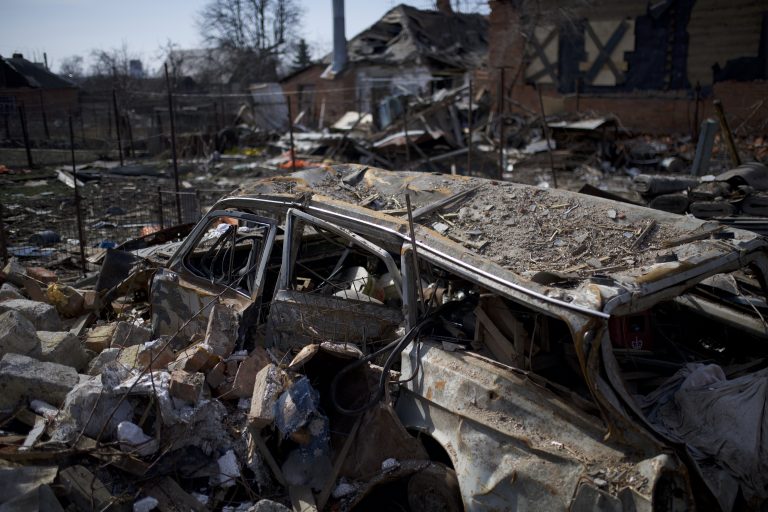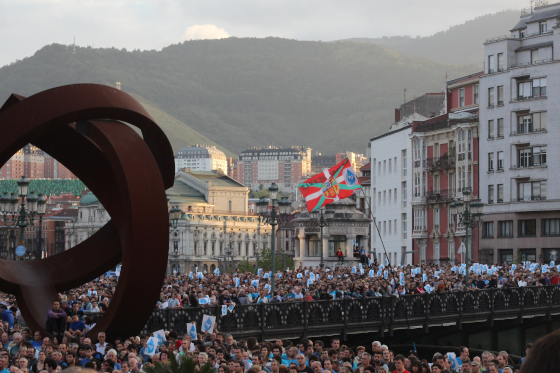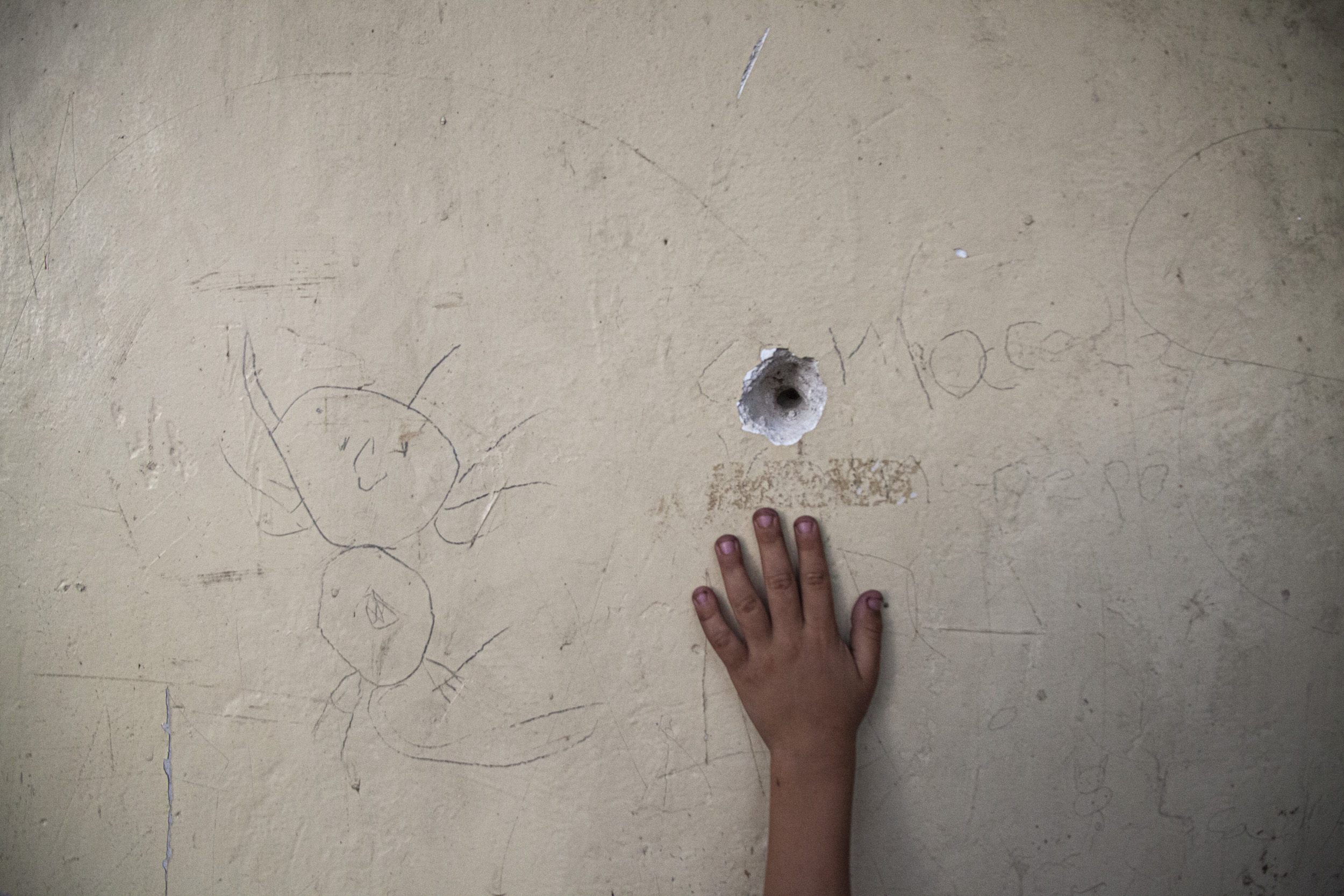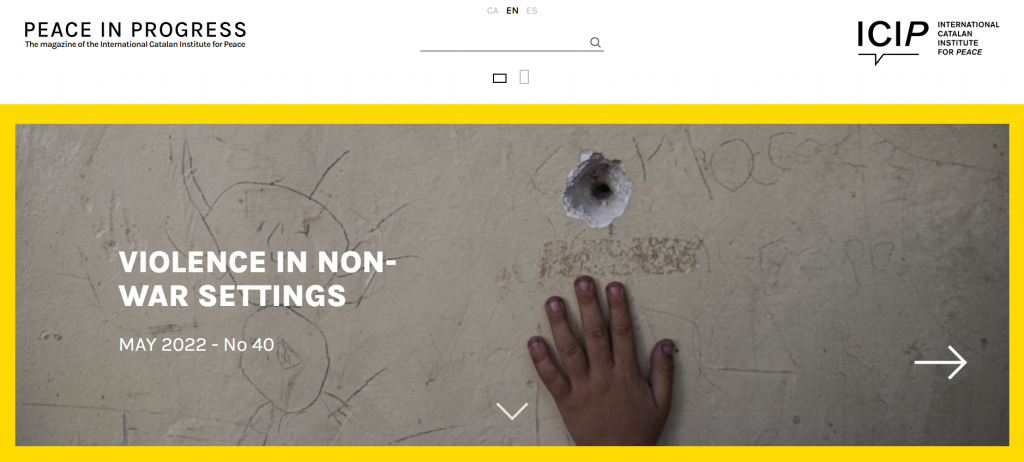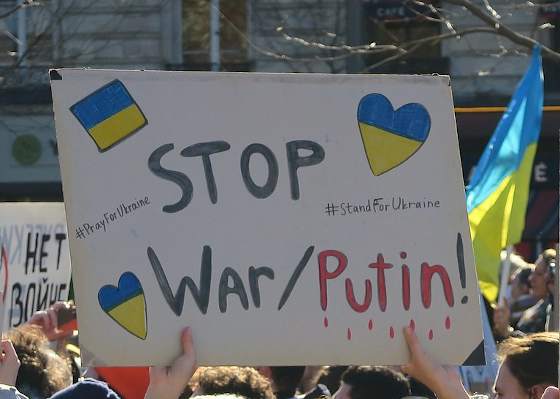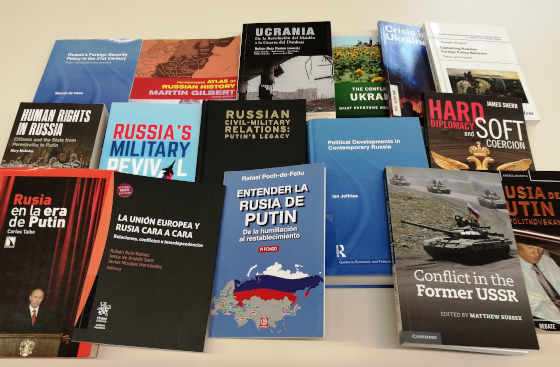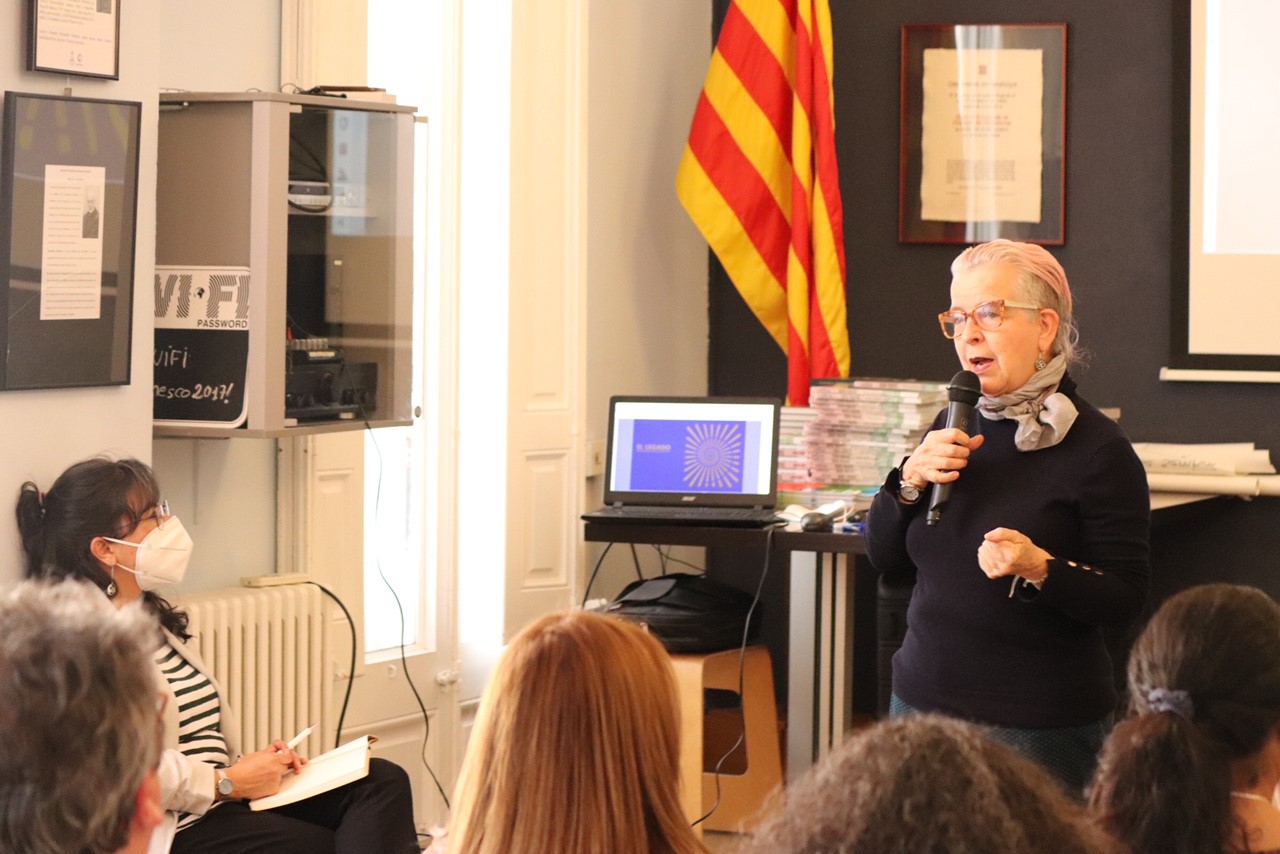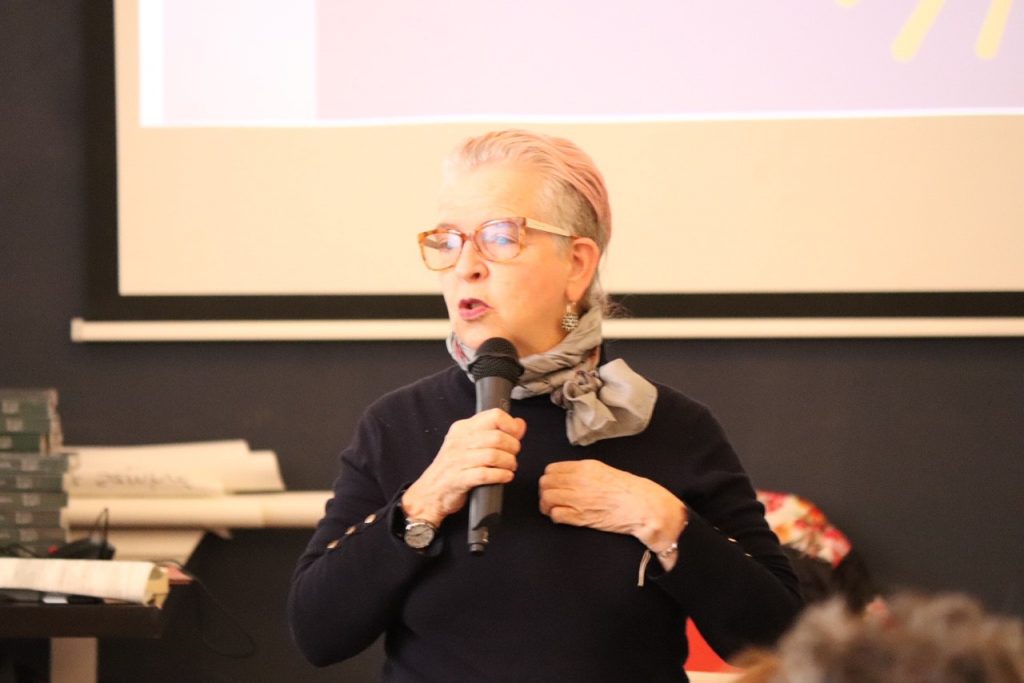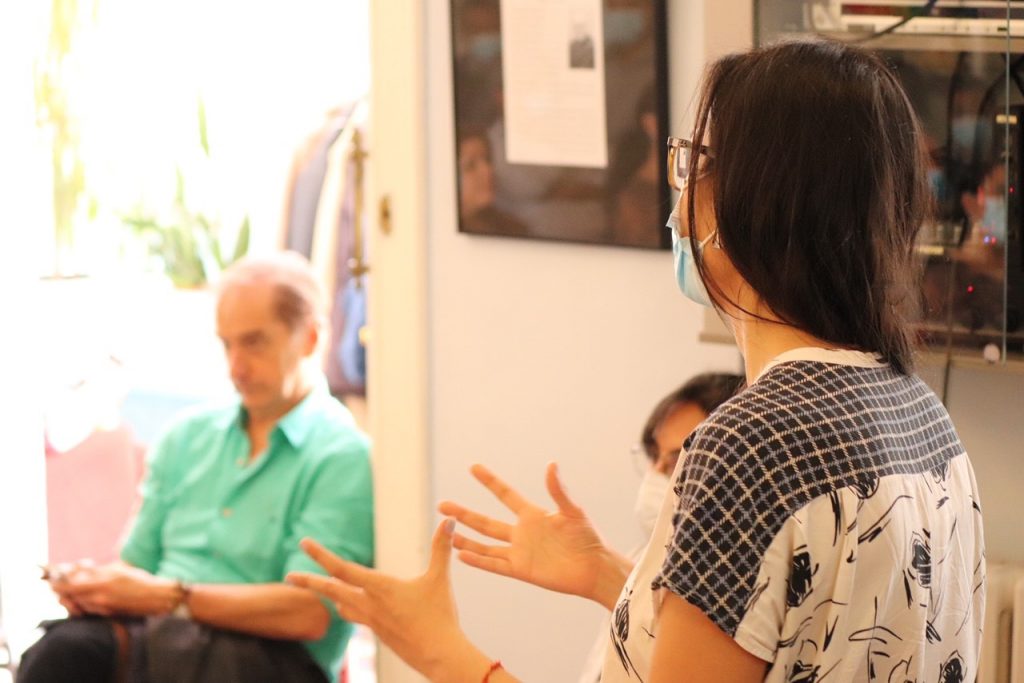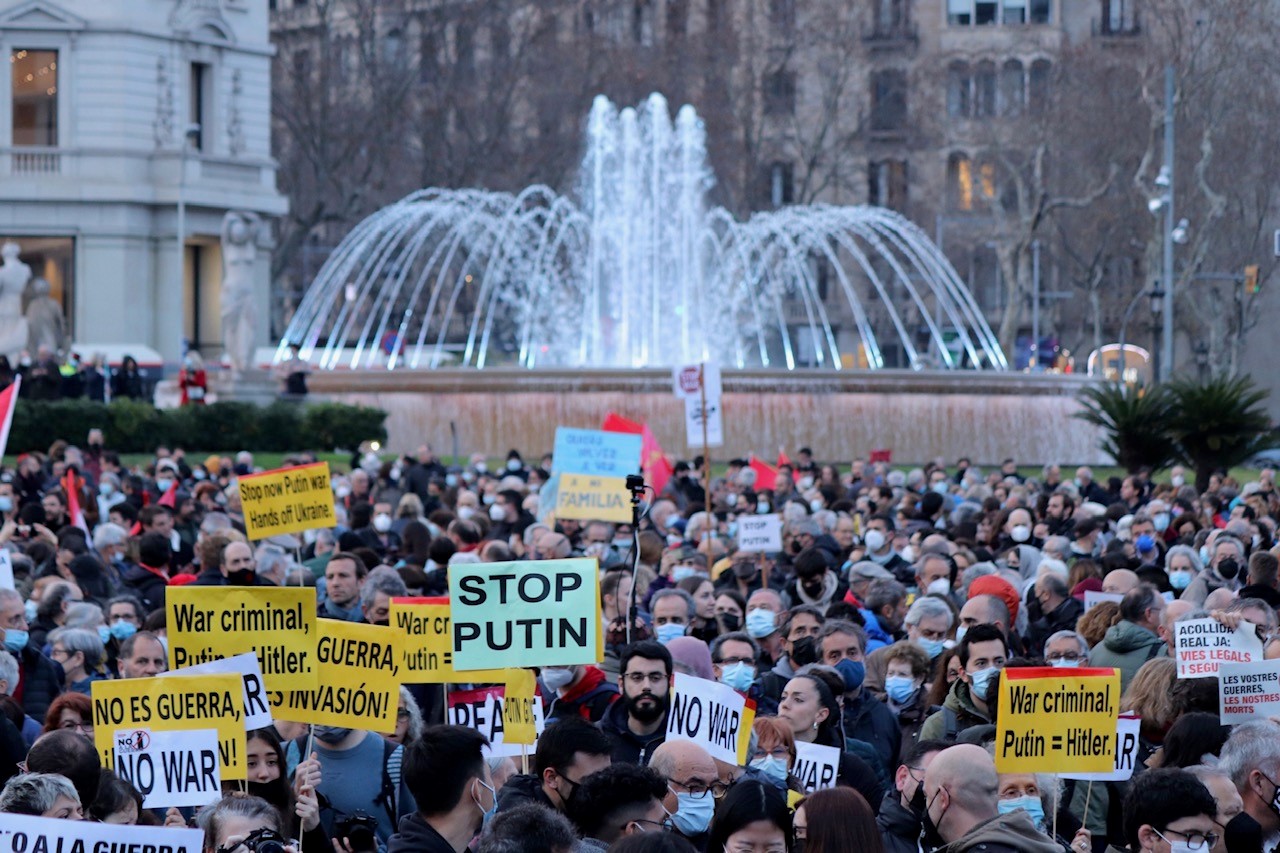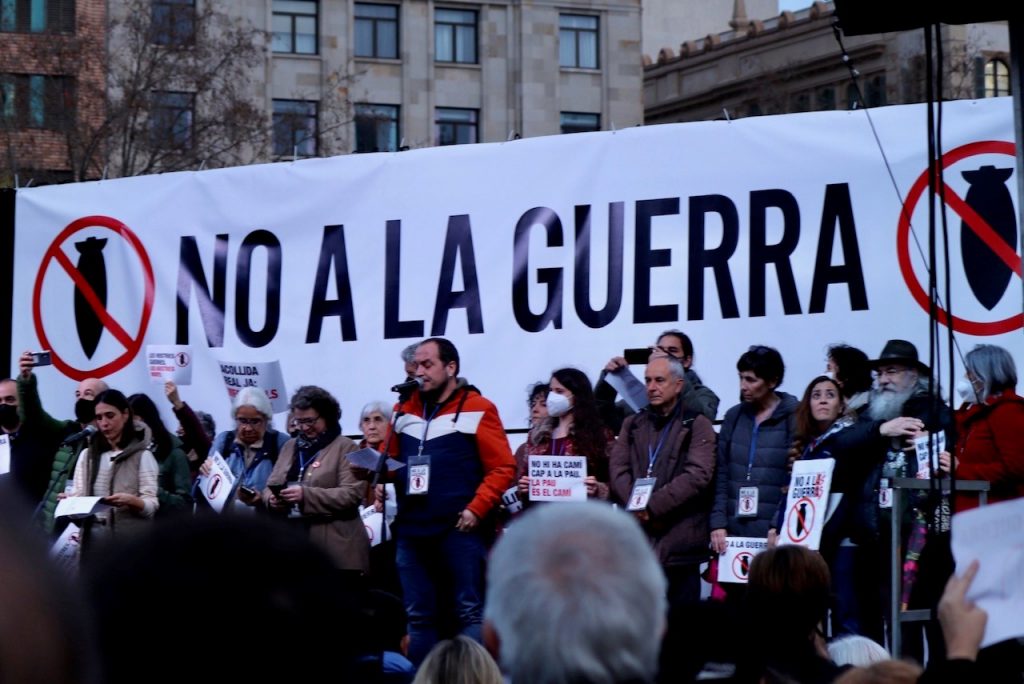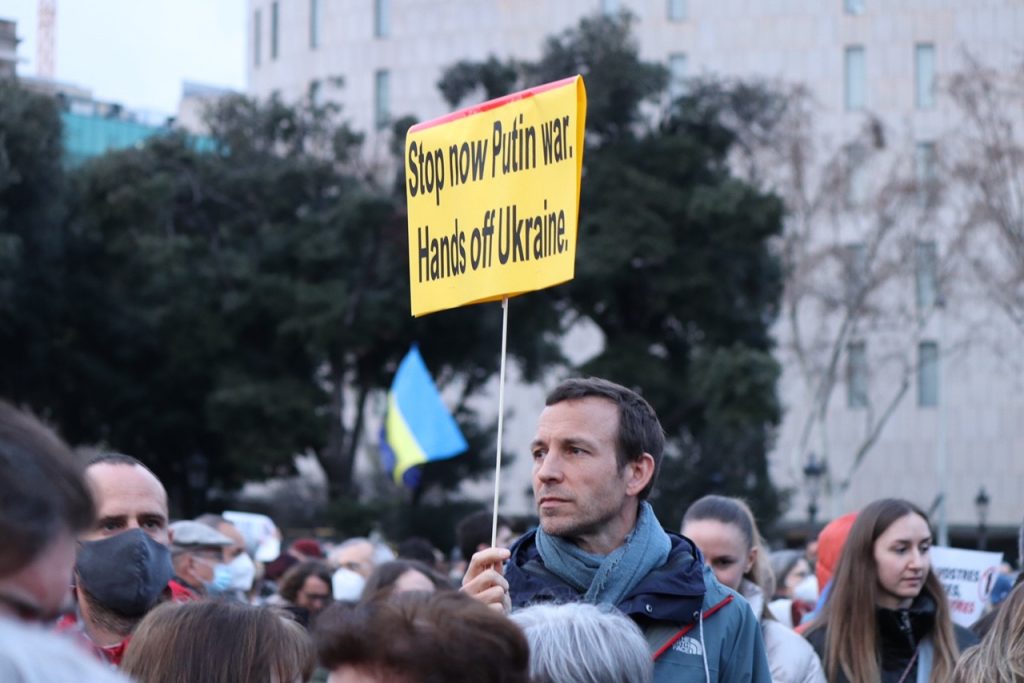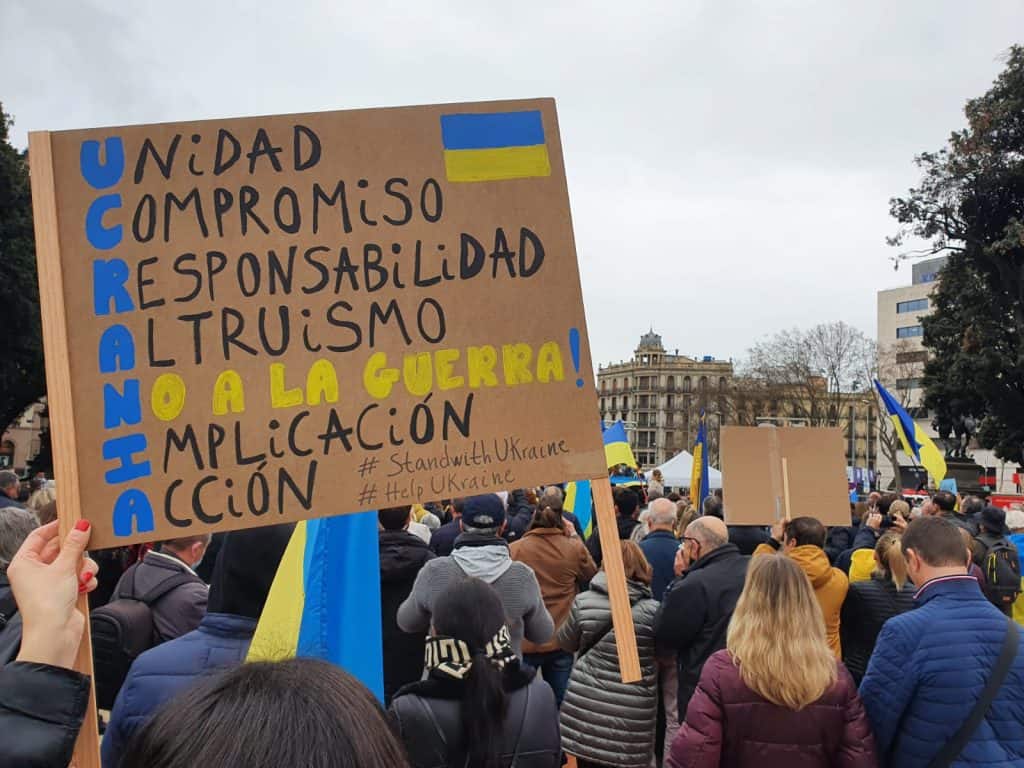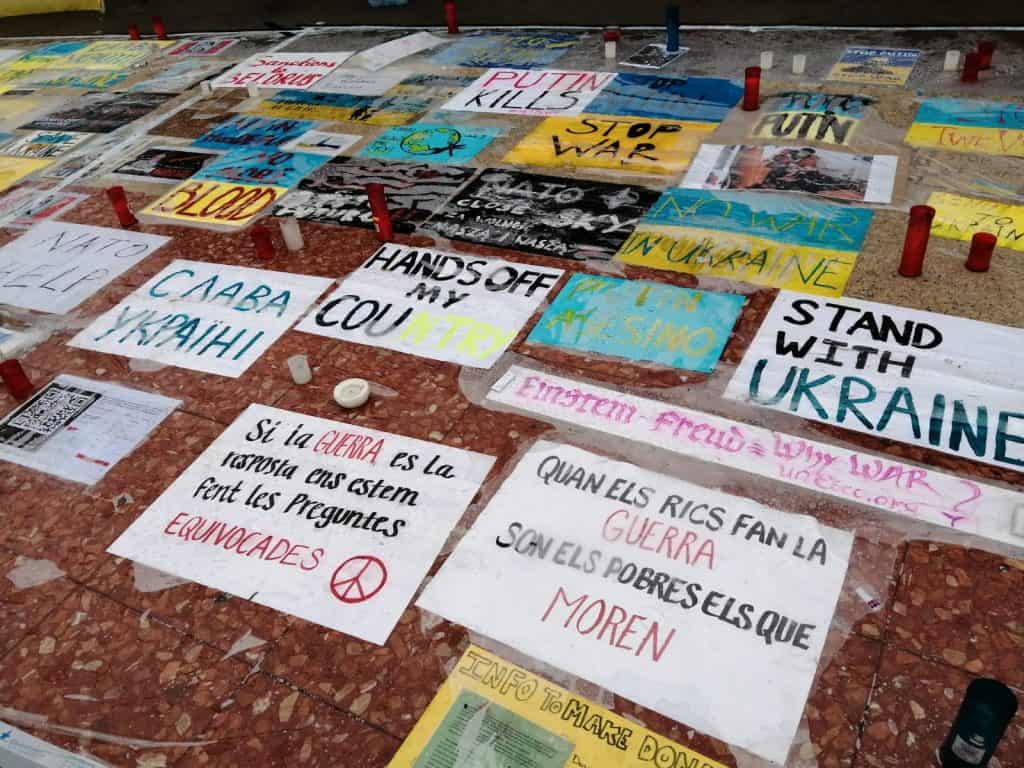On Wednesday 21 September, coinciding with the celebration of the International Day of Peace, ICIP presented the ICIP Peace in Progress Award 2022 to the Basque associative network in favor of peace. The ceremony took place in the auditorium of the Parliament of Catalonia and featured the participation of representatives of the 17 award-winning organizations and initiatives.
All of these civil society peace initiatives jointly received the award “for their contribution to the advancement of peace, the end of political violence and the creation of new frameworks of coexistence and reconciliation.” These award-winning initiatives include several organizations that have played a key role in advancing towards resolution of the conflict, such as the Permanent Social Forum, the now-dissolved Coordinadora Gesto por la Paz and Elkarri/Lokarri. Also included are organizations that work for peace education and the promotion of coexistence and human rights, through the Forum of Associations for Peace and Human Rights Education, where Gernika Gogoratuz, Baketik and Bakeola play an important role.
The award also recognizes the Gernika Peace Museum Foundation, Foro Ciudadano Donostia, UNESCO Etxea, the Fernando Buesa Foundation, Emagune, the Ahotsak women’s network, Eskubidez, the experiences of dialogues with victims such as Encuentros Ciudadanos-Memoria Lab, the Encuentros Restaurativos between ETA prisoners and victims, and the BatzART! initiative.
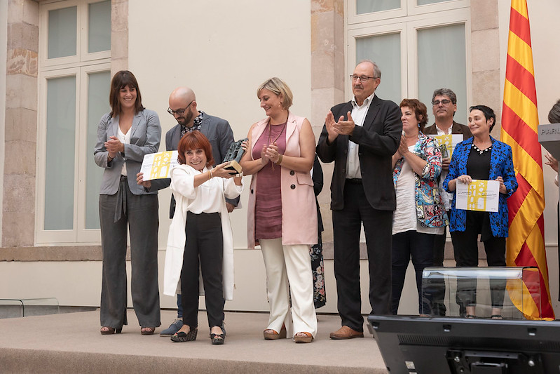
The ceremony was presided over by the first vice president acting as president of the Parliament, Alba Vergés, and ICIP president Xavier Masllorens, who highlighted “the work, so often hidden and discreet, of individuals, groups and organizations that strongly believe that good social coexistence is built one step at a time, and that have decided to support initiatives that build bridges, for a future free of hate and violence.”
In his speech, the president of ICIP also stated that “the ICIP Award is a wakeup call to public authorities so that they act with the responsibility and maturity that the circumstances require.”
In his speech, Jordi Armadans, journalist, activist and former director of FundiPau, the organization that submitted the winning candidacy, highlighted “the experience, testimony and extremely important work of the peace activists.” He praised the “difficult and arduous, but absolutely essential” activism of the award recipients and stated that “violence is not only criminal, but also absurd” and that “human rights are never the problem, but rather the solution.”
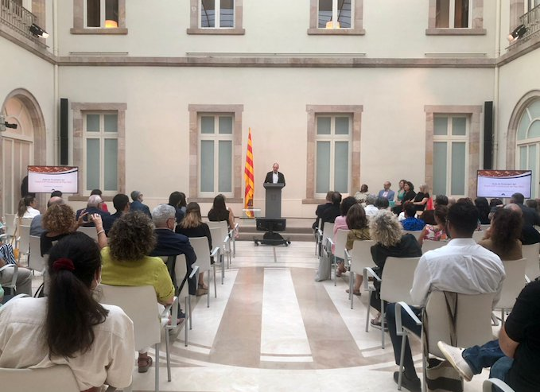
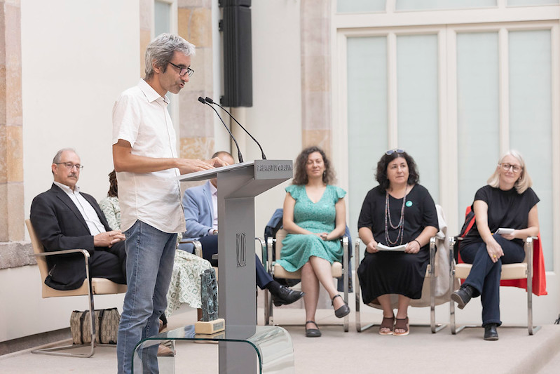
A plural and collective award
Representatives from the various award-winning entities and initiatives collected the award during the ceremony and Maria Oianguren, director of the research center for peace Gernika Gogoratuz, and Eneko Calle, member of the Permanent Social Forum, spoke on behalf of them all.
In their acceptance speech, the two representatives highlighted the plurality of the award-winning initiatives but at the same time “their shared commitment in favor of peaceful coexistence and the defense of human rights,” and the ability of all of them to build bridges between opposing actors and open spaces of reconciliation between people who differ. Oianguren and Calle expressed their gratitude for the award on behalf of a civil society that has contributed to a process “that is still incomplete” and of which “there are still many knots to untie” such as the “recognition of all the victims” or the fact that “all the accounts can be honestly told.”
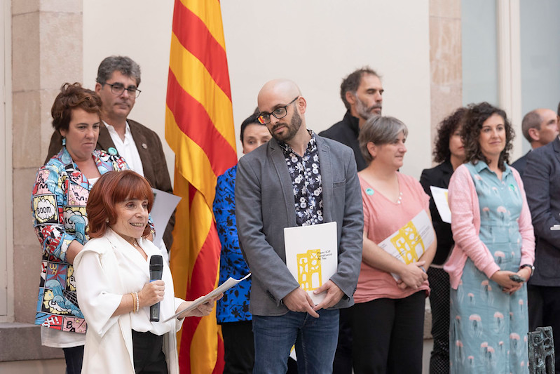
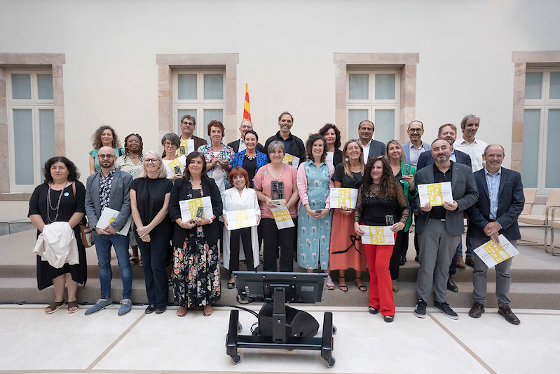
In their joint speech they also defended the need to continue working to delegitimize the hegemonic culture of violence as a way to resolve conflicts and called on public administrations to promote policies in favor of peace.
At the closing of the event, the first vice president acting as president of the Parliament, Alba Vergés, highlighted the “courage” of the award-winning entities in “difficult moments.” She also pointed out that “they have been able to work together for a democratic solution” to the Basque conflict and that “they are still working to solve the pending issues with the same commitment.” Finally, she added that the ICIP Award “is an award for the whole of Basque society.”
There were approximately one hundred people in attendance at the ICIP Award ceremony including many representatives of the Catalan peace movement, members of the association of victims of terrorism UAVAT and members of Parliament.

